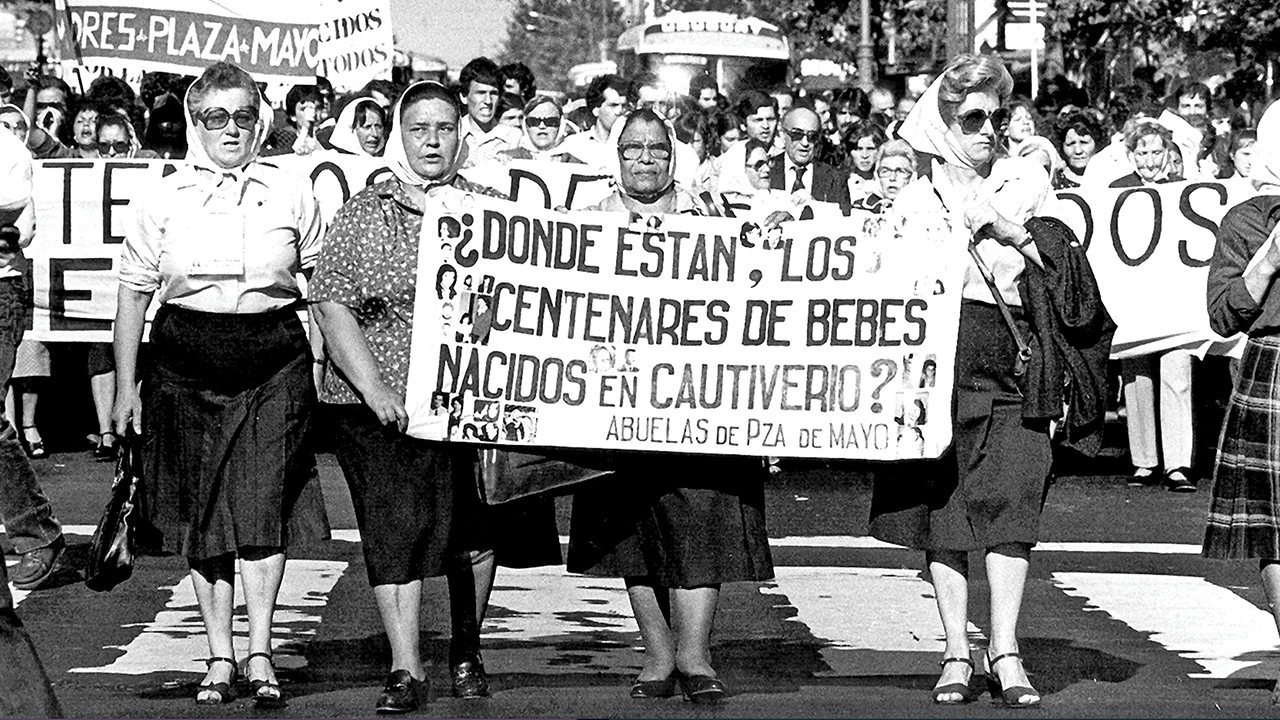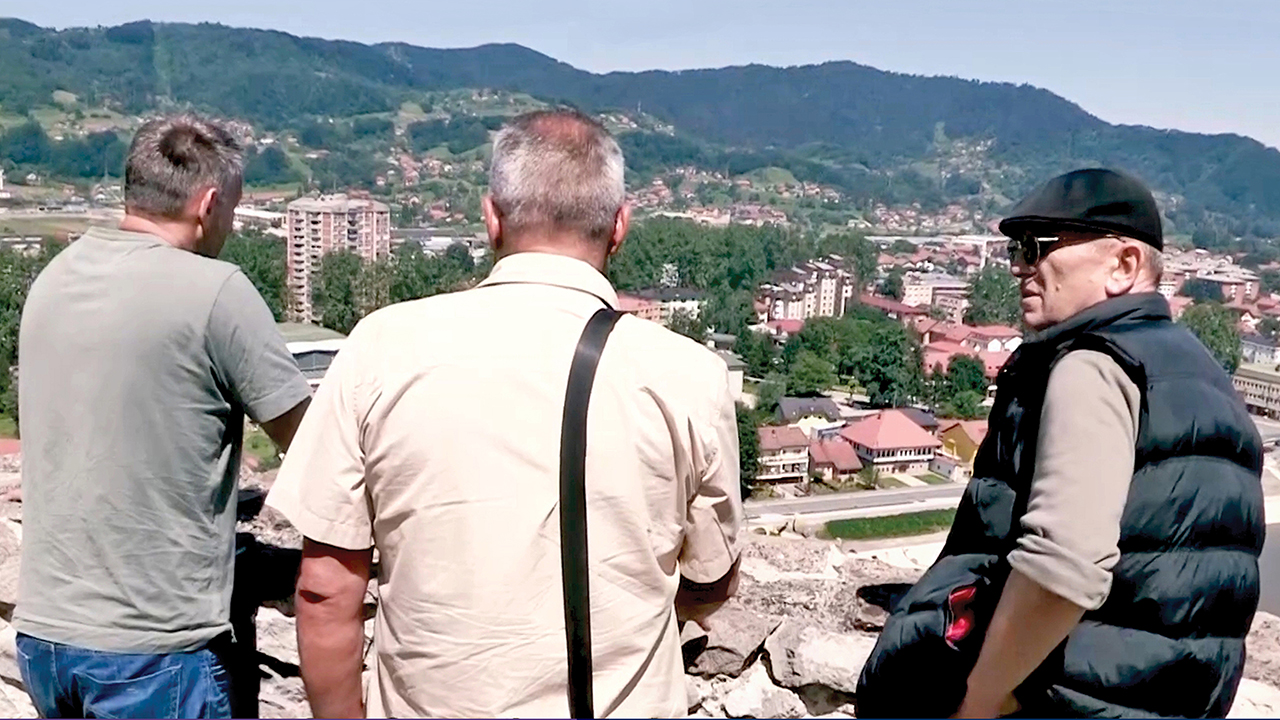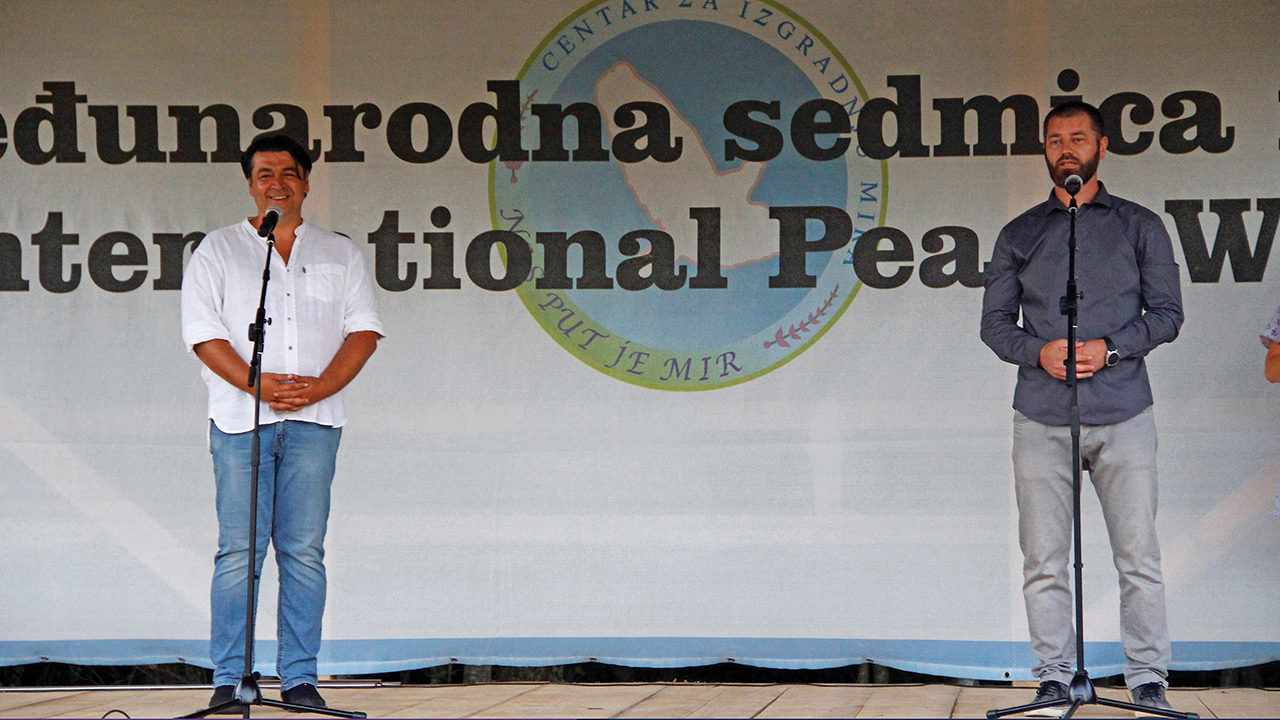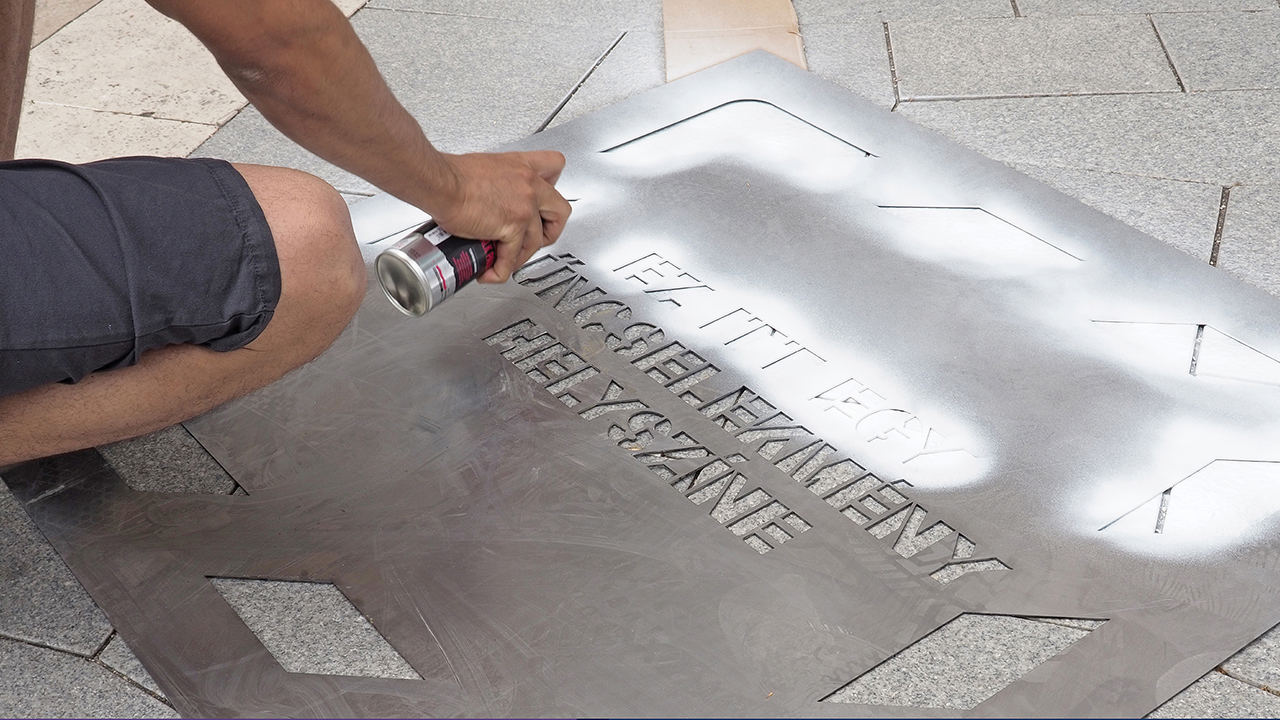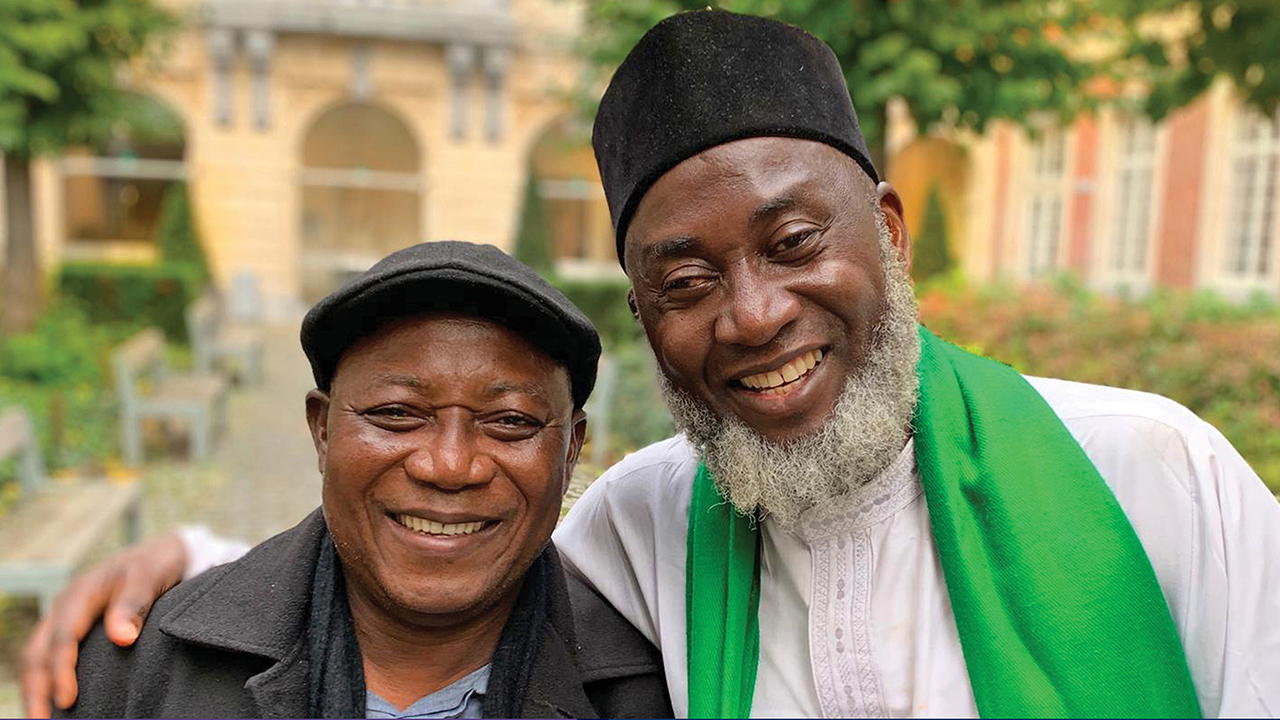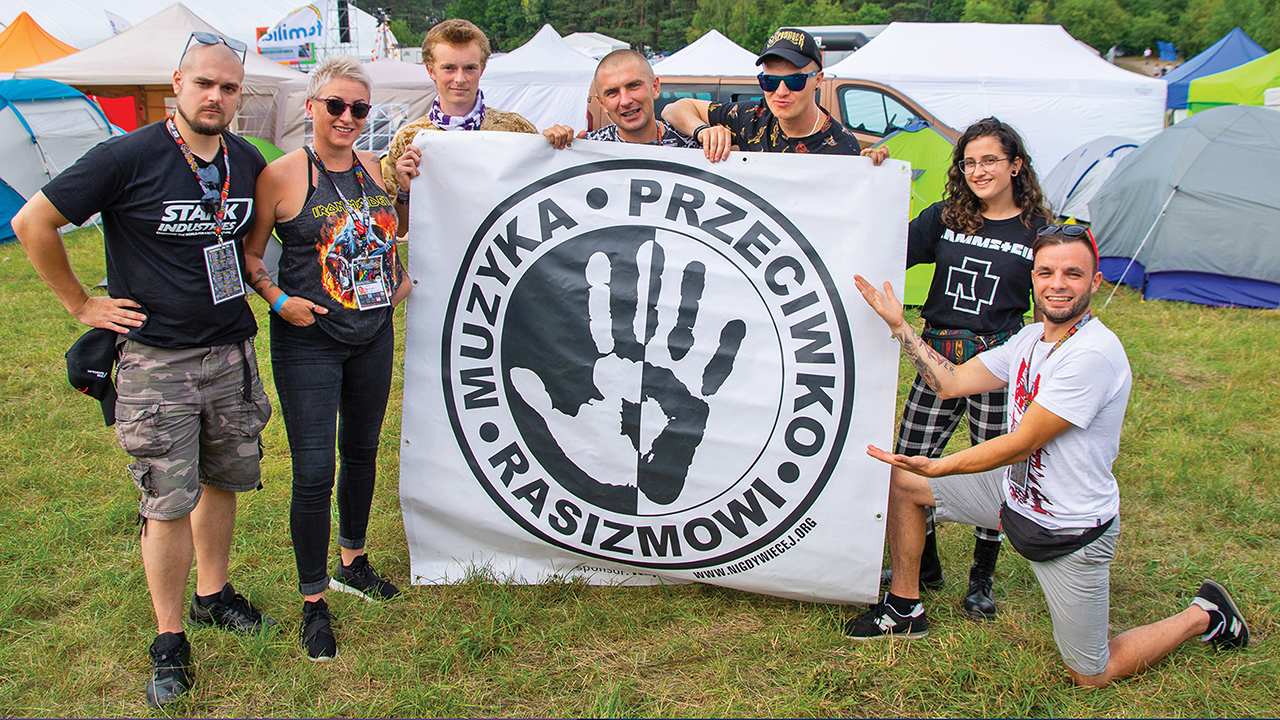Photo exhibition
On 9 December 2019, the Office on Genocide Prevention and the Responsibility to Protect organized a photo exhibition at the United Nations Headquarter on the occasion of the 71st anniversary of the Convention on the Prevention and Punishment of the Crime of Genocide, and the International Day of Commemoration and Dignity of the Victims of the Crime of Genocide and of the Prevention of this Crime. The exhibition is now available online. All pictures were provided by the individuals or organizations featured.
“CHAMPIONS OF PREVENTION”
According to international law, the obligation to prevent genocide and other international crimes falls primarily on States. Despite this, individuals and organizations across the world have been assuming the responsibility to take positive action to promote a culture of peace and non-violence that includes the respect for diversity and non-discrimination. These and other fundamental human rights standards contribute to building resilient societies to the risk of genocide and other international crimes.
They are men, women and youth, members of civil society organizations or State officials, as well as survivors of past genocides or other international crimes, who believe we all have a role to play in building a world free from genocidal and related violence.
These “Champions of Prevention” serve as examples and inspiration to all of us and their actions honor the victims of this egregious crime.
Grandmothers of Plaza de Mayo is a non-governmental organization created in 1977 with the purpose of locating and restoring those missing children whose identities were falsified during the last civic-military dictatorship (1976-1983) in Argentina. With the advent of democracy, from 1983 onwards, his work has been the search for memory, truth and justice, including the use of forensic genetics -from DNA-, the impulse of judicial proceedings, as well as awareness public campaigns. The Grandmothers have become a public defender of human rights in Argentina and beyond. To date, 130 granddaughters and grandsons, out of a total of 500, have regained their identity and have been restored to their families. Grandmothers are active agents of justice and, through justice, prevention.
The Save and Serve foundation is a non-governmental organization in Bangladesh that aims to promote interreligious tolerance through mobilizing scholars, clerics and leaders of different faith groups. The organization was formed by its chairman Syed Tayabul Bashar. In October 2019, the Save and Serve foundation supported the launch of the Inter-Religious Forum for Peace and Harmony, the first of its kind in Bangladesh.
Boro, Marko and Rizo are three friends of different nationalities who hail from the Maglaj municipality in central Bosnia and Herzegovina. In 1992, when the war broke out in the country, they became commanders for three opposing sides. For nearly four years, they had to fight against each other in the devastating battles for control of Maglaj. The end result was the death of more than 2,000 soldiers and 500 civilians on all sides. They recently agreed to participate in an OSCE supported documentary titled “Maglaj - War and Peace.” It depicts their first meeting during which they talk about life as soldiers; impressions about the war; and post-war recovery. The three friends now facilitate discussions around the country on themes related to the importance of the reconciliation of communities and people.
The Center for Peacebuilding (CIM) was established in 2004. It was founded as a consequence of the war and post-war experience of Vahidin Omanović and Mevludin Rahmanović. CIM’s mission is to rebuild trust and foster reconciliation among the people of Bosnia—Croats, Serbs, Bosniaks, and others—as well as support peace processes in other countries that have suffered from violent conflict. All activities are built on the core concepts of mutual listening, understanding, and compassion through (re)building relationships which have brought together women, men and youth, from rape victims, camp survivors, and war veterans to diverse religious leaders in dialogue, counseling sessions, and conflict resolution skill building seminars.
The independent, youth-led War Childhood Museum (WCM) is the world’s only museum focused exclusively on childhoods that have been affected by war. Through its unique platform, the WCM is able to tackle trauma at an individual level for both participants, whose personal stories and objects comprise the museum’s collection, and visitors – ultimately contributing to greater understanding for society as a whole. Its first permanent exhibition opened in January 2017, seven years after the project’s beginnings, in Sarajevo. Having proven successful in providing Bosnians of all ages with a rare opportunity to confront the traumas of their recent past without reinforcing ethnic boundaries, the WCM has expanded its activities to contemporary conflict, post-conflict, and resettlement zones, becoming an international platform that gives voice to current and former war children.
The Conselho Indigenista Missionário (Indianist Missionary Council - CIMI) was founded in 1972. CIMI works for the respect, protection and promotion of the human rights of indigenous people in the Amazonian Basin of Brazil. In particular, CIMI has been supporting the struggle of indigenous people to recover, demark and protect their ancestral lands as a fundamental condition to their present and future existence as people. It also promotes intercultural and interfaith dialogue for a more equal, democratic and multicultural world.
The Documentation Center of Cambodia (DC-Cam) is a non-governmental research institute dedicated to promoting memory and justice in Cambodia. It aims to help Cambodians heal the wounds of the past by documenting, researching, and sharing the history of the Khmer Rouge period. Farina So’s is the Principal Deputy Director of DC-Cam. She has dedicated over 16 years to supporting the organization’s work through collecting the oral history of survivors of genocide. Her work has been pivotal to giving a voice to marginalized populations in Cambodia, particularly Cham Muslim women. Her work in collecting this oral history is compiled in the publication, Hijab of Cambodia: Memories of Cham Muslim Women after the Khmer Rouge.
Háttér Society is the leading LGBTQI organization in Hungary. They conduct crucial work on conflict prevention by organizing community events, monitoring, studying and litigating hate speech and hate crimes. This year they called attention to the effect of hate crimes on general safety by tagging real crime scenes in Budapest and engaging and educating passersby on the crucial role of witnesses.
Debbie Stothard is a promoter of human rights in Myanmar and the ASEAN region. In 1996, she founded the Alternative ASEAN Network on Burma (Altsean-Burma), based in Thailand, which spearheads a range of innovative and empowering human rights programs. This includes an ongoing intensive leadership program for diverse young women from Myanmar, which in the past 22 years has helped strengthen and expand women’s leadership in conflict-affected zones, including on atrocity prevention. Debbie has worked with diverse communities and activists to engage States, international organizations and other stakeholders throughout Africa, Americas, Asia and Europe on human rights and justice. She was also Deputy Secretary-General and later Secretary-General of the International Federation for Human Rights from 2010 to 2019.
Kola Cissé, from Timbuktu in Northern Mali, is ethnically a Fulani. He has been volunteering in three camps of internally displaced people in Bamako since 2018, managing the day to day affairs of the camps and acting as a spokesperson for and mediator among the camps’ inhabitants. He regularly plans activities between the Fulani and Dogon ethnic groups, who have increasingly clashed in recent months but who, he says, peacefully coexisted in Mali for thousands of years and continue to do so in the camps. Kola and his fellow volunteers hold monthly, camp-wide meetings as well as ad-hoc small get-togethers where inhabitants can air, discuss, and resolve concerns and grievances amongst each other and provide suggestions for long-term peace in Mali.
Wai Wai Nu, a political prisoner for seven years, is a young peace and women’s right activist. She is also Director of the Women's Peace Network, an organization that conducts documentation, trainings, workshop and forums to promote peace and mutual understanding between Myanmar’s different ethnicities, and to empower and advocate for the rights of Rohingya women and other ethnic women in Arakan and Myanmar. Recently, she has organized the "My Friend Campaign", an online and offline initiative that has mobilized youth across the country to take action to counter hate and racism and to promote tolerance, non-discrimination, and friendship between diverse communities. Buddhist, Muslim, Christian, and Hindus youth volunteers have engaged with the campaign, as well as many artists, politicians, community and religious leaders, peacebuilders, and human rights activists.
In 1995, Imam Muhammad Ashafa and Pastor James Wuye formed the Interfaith Mediation Center in Nigeria, a grass-roots faith-based organization that mediates and teaches warring militias and opposing religious leaders to resolve their conflicts peacefully. The initiative came out of their own experience of inter-religious conflict in Kaduna State, during which they were on opposing sides and suffered great losses. Although initially reluctant to meet, over the following years the two were able to come together and build trust and mutual respect. They then decided to work together to promote messages of peace and to bridge the religious divide between their communities.
The ‘NEVER AGAIN’ Association is Poland’s leading anti-racist organization. Its mission is to promote multicultural understanding and to contribute to the development of a democratic civil society in Poland and in the broader region of Central and Eastern Europe. It is particularly concerned with the problem of education against racial and ethnic prejudices among the youth. ‘NEVER AGAIN’ closely monitors incidents of a xenophobic nature. It also conducts educational campaigns such as ‘Music Against Racism’ and ‘Let’s Kick Racism out of Stadiums’.
Felistas Mushi is the Chairperson of Tanzania’s National Committee on the Prevention and Punishment of Genocide, Crimes against Humanity, War Crimes and all Forms of Discrimination. A former Resident Magistrate in Tanzania and a former Assistant Trial Attorney for the International Criminal Tribunal for Rwanda, she says that even though prosecution of perpetrators of international crimes is very important, prevention must be a priority. She considers that it is everyone’s responsibility to make the world a safe place for everyone. Felistas emphasizes that prevention starts with individuals and that knowing that her work in prevention will make a difference, however small, and that she is not alone in this, gives her the drive to push on.



